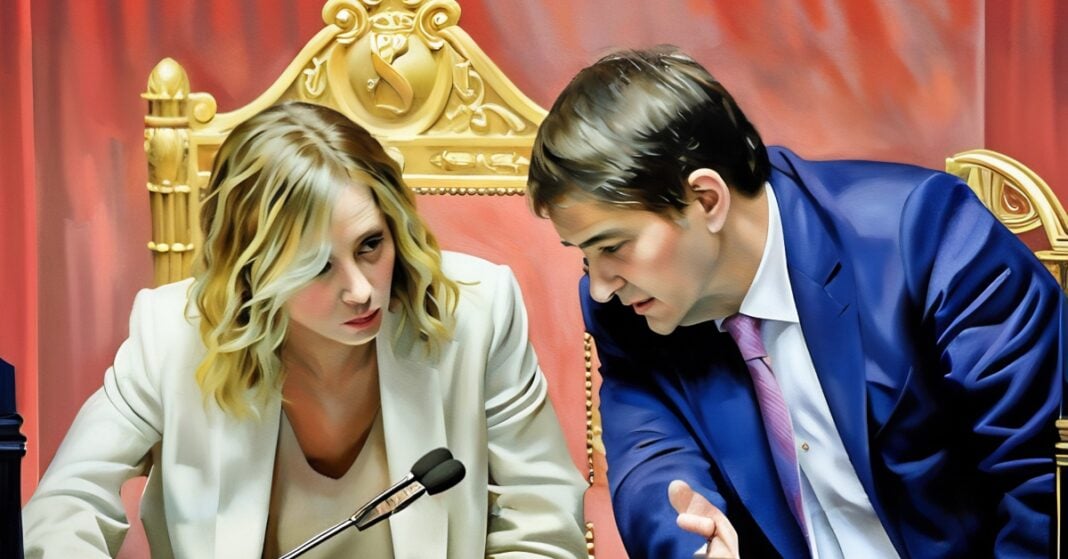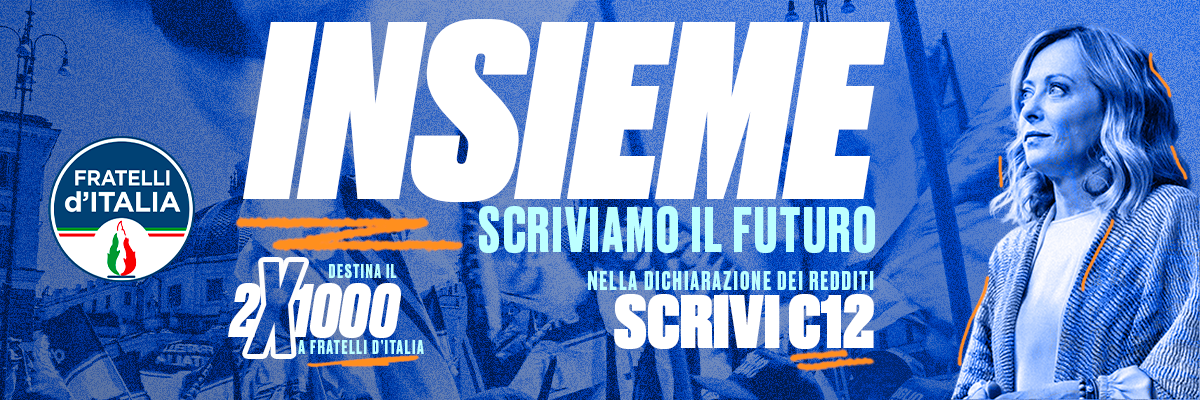The post of Executive Vice President of the EU Commission given to Raffaele Fitto represents a win-win for Giorgia Meloni for several strategic and political reasons:
- Confirmation of Italy’s weight in Europe: Fitto’s appointment to such a central role recognises Italy’s political and economic importance in Europe. As the second-largest manufacturing country and third-largest economy on the continent, Italy maintains a leadership role. This strengthens the position of the Meloni government in the dialogue with the EU, demonstrating that Italy is recognised and influential, increasing its internal and external credibility.
- Control over the PNRR and European funds: Entrusting Fitto, together with Dombrovskis, with the delegation on the PNRR allows the Italian government to have direct influence on the management and implementation of European recovery funds. This allows Meloni to closely monitor the use of funds for the revival of the Italian economy, especially in the most vulnerable regions such as the Mezzogiorno, a crucial issue for the stability of the government.
- Strong impact on reforms and economic growth: Fitto will have the task of ensuring that the reforms and investments promoted by the EU support long-term growth, not only for Europe but also for Italy. For Meloni, this means the possibility to influence economic and social policies that are fundamental for the future of the country, without having to make excessive concessions on austerity measures, maintaining a balance between European needs and national priorities.
- Strategic interest for Southern Italy: The cohesion delegation, with a budget of EUR 378 billion for the 2021-2027 cycle, represents a key opportunity for the development of Southern Italian regions. Control over these resources allows Meloni to strengthen her consensus in the weakest areas of the country, where the government has strong electoral interests, by promoting cohesion and local development policies.
- Strengthening Fitto’s position within the government: Fitto is a political figure close to Meloni, and his role in the EU strengthens his position within the Italian executive, acting as a direct channel between Brussels and Rome. This helps Meloni maintain strategic control over European decisions and policies, ensuring a coherent and aligned vision between Italy and the EU.
In short, Raffaele Fitto’s appointment to the European Commission is a ‘win-win’ for Meloni because it strengthens Italy’s political weight in Europe, offers direct management of strategic funds, especially for the South, and allows the government to influence crucial reforms for the country’s economic and social growth. This, despite the fact that Meloni, as leader of the European conservatives and leader of FdI, did not support the encore of the ‘Ursula majority’ and the re-election of von der Leyen as President of the Commission.
Confirming the analysis we have set out are Palazzo Chigi sources, who this afternoon leaked their satisfaction for an appointment of very important political value that confirms Italy’s centrality in the European sphere and recognises the role and weight of Italy, a founding state of the EU, Europe’s second-largest manufacturer and the continent’s third-largest economy.
In addition, Raffaele Fitto, together with Commissioner Dombrovskis, is also entrusted with the delegation on the PNRR. Vice President Fitto’s task, as written by von der Leyen in his ‘mission letter’, will be to ‘ensure that the EU continues to support long-term reforms and investments that directly contribute to strengthening European growth’.
As specified in Commission President von der Leyen’s ‘mission letter’, matters of crucial importance and strategic interest for Europe and Italy that are entrusted to other Commissioners reporting to Fitto fall within the Vice-President’s area of responsibility: agriculture, transport and tourism, fisheries and the blue economy. Cohesion is worth a total of about 378 billion (of which about 43 billion for Italy) for the 2021-2027 cycle, not counting the future programming cycle (at the moment unquantifiable but presumably of similar scope) that the next Commission will be called upon to define together with the Member States.
For a state like Italy, and especially for the Mezzogiorno, this is a primary national interest. The same applies to reforms and regional development in a framework where the regional dimension is becoming increasingly important.



